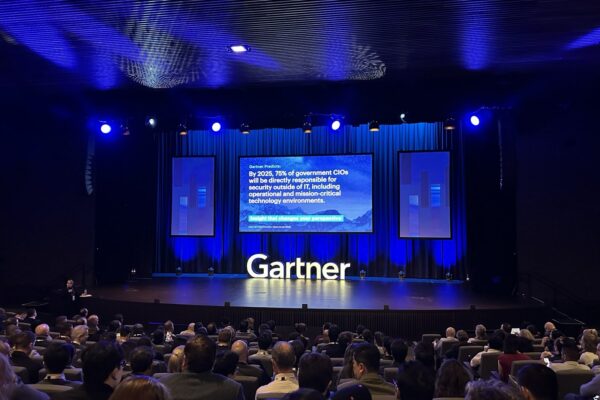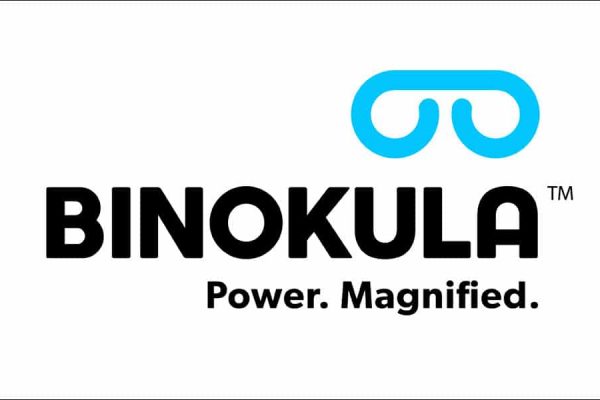 By Martina Backhaus
By Martina Backhaus
Senior Consultant at Stellar
We’ve all heard of Change Management and we probably have an idea what it’s about. But what does Change Management look like in real life – and why is it so important?
In the simplest terms, Change Management is about people.
“Change management is the discipline that guides how we prepare, equip and support individuals to successfully adopt change in order to drive organizational success and outcomes.”
– prosci.com
I worked recently with a Stellar customer that requested help rescuing an IT project that had gone off track. They were stuck in the middle of a core system upgrade and, alongside the vendor, were struggling to increase the use of the modules being tested and delivered for use by the business. There was a sense of inevitability and the customer felt that they had wasted money and were on track to be labelled as a failed IT project.
Does this sound like a familiar scenario?
I started by using my Project Manager training:
- I got familiar with the project scope
- I looked at the issues that had piled up
- I interviewed relevant members of the project team
While getting familiar with the project I saw that there were technical issues listed on the customer’s Trello Board – but I realised that ultimately the project was being impacted by a lot of other factors:
- The project was under-resourced.
- Some important people from the business had been taken off the project and were no longer able to promote the outcomes.
- The project sponsor was starting to not believe that the project would get completed.
- There was little involvement of the company’s clients in designing requirements.
People are the solution
One of the main concepts of change management is having a strong Sponsor. I reiterated to the Sponsor that they needed to believe in the project. It was a part of their role to paint a positive picture for the rest of the team. If the Sponsor didn’t believe they could do that, I said, the project was destined to fail.
That feedback was taken on board. At the next staff meeting the Sponsor addressed the issues that were on everyone’s mind. They promised that the business would learn from its mistakes and would only release new versions of the software after it had been thoroughly tested and signed off by the business units. From then on, because the encouragement from the Sponsor was strong, it made a big difference to the project team and that positivity spread throughout the company.
People believed they could be part of the team delivering a successful outcome.
I also addressed the resource constraints by getting more staff onto the project team. That included team members who had been concerned previously about the fate of the project. I listened to their concerns and made them responsible for finding solutions for the issues they had raised. Once their concerns were heard, they turned into eager members of the project and they soon played a vital role in getting fundamental issues resolved. They began working as positive change agents and helped drive the project and promote it in the wider company.
Lastly, and perhaps most crucially, we engaged with the company’s clients – some of whom hadn’t been too happy with losing some of functionality during the software change. We started painting a picture for them of what the services would look like once the project was completed. With all the changes happening around internal processes, the project team had overlooked the fact that there would be positive impacts, including some significant benefits, for their customers.
The project is continuing and Go-Live is planned for the middle of this year.
What did we achieve in the past six months?
We helped created a positive attitude towards the project by:
- strengthening the project sponsorship,
- raising the positivity levels towards the benefits and usability, and
- facilitating a project environment where everyone believes in the success of the project.
In the changed environment, the team has processes in place, and the teamwork required to deal with issues that arise and to successfully deliver the project.
Martina Backhaus is a Senior Consultant at Stellar, specialising in process analysis and improvement, project management and change management. Her current focus is on sustainability practices in organisations. In addition to holding a Master’s Degree in Economics and Business Administration, Martina is a Prince2-certified Project Manager and has certification in Change Management from APMG. She is based in Auckland.





